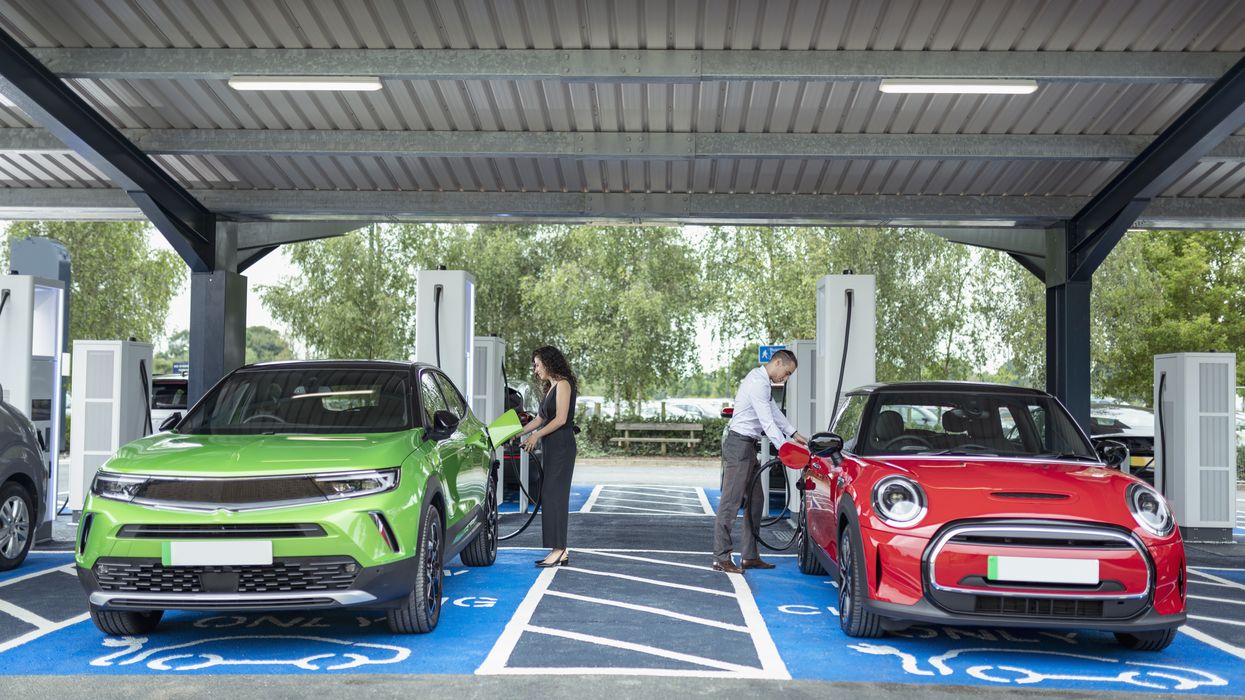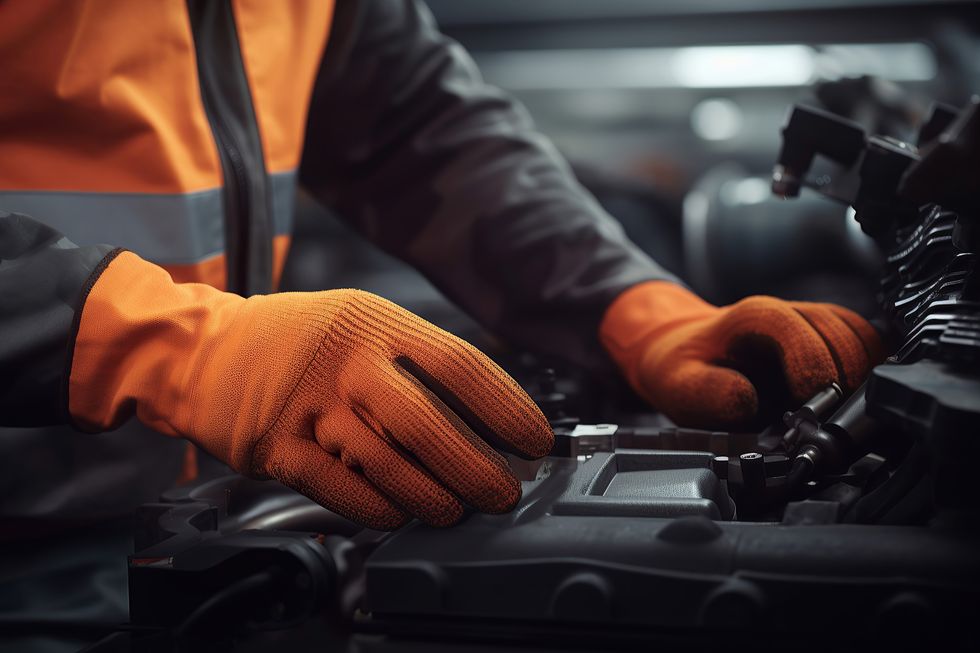Electric car rollout 'could stall' without urgent changes as drivers face 'safety risks and delayed repairs'

Experts have called for urgent action from the Government and industry
| GETTY
The shortage has been described as a potential 'sinking ship'
Don't Miss
Most Read
Latest
An industry expert has issued an urgent warning to motorists about the future of electric vehicles as drivers could face a severe shortage of suitable technicians.
Recent forecasts from the Institute of the Motor Industry (IMI) found that there would be a shortfall of 3,000 qualified electric vehicle technicians by 2031.
While there are 58,800 technicians around the UK who are qualified to work on electric cars, the IMI warned that the shortfall of suitable technicians could reach 16,000 by 2035.
Not only would this make it more difficult for drivers to have their cars serviced and monitored, but a postcode lottery would also be seen impacting certain areas more than others.
Do you have a story you'd like to share? Get in touch by emailing motoring@gbnews.uk

The UK is facing a dramatic shortage of electric car technicians
| WARRANTYWISEWhile London and the South East have the highest proportion of electric vehicles across the UK, they also have the lowest proportion of EV-certified technicians, with just 6.1 per cent and 6.4 per cent respectively.
Issues could be thrown further into doubt in the coming years as the new Labour Government looks set to reintroduce the 2030 deadline to ban the sale of new petrol and diesel cars.
This is the latest concern for the EV charging industry, with experts confident that the UK will meet the lofty 300,000 target set for the end of the decade.
Lawrence Whittaker, CEO of Warrantywise, said charging infrastructure was only the tip of the iceberg as the technician shortage continued to "be a sinking ship".
He added: "Without enough qualified TechSafe EV technicians, I believe the rapid adoption of electric vehicles could stall, leading to safety risks, delayed repairs, and stunted growth in the EV industry.
"As demand for electric vehicles surges, the pressure on the industry to train and certify technicians is mounting, making this shortage a critical bottleneck that could undermine the transition to greener transportation.
"That sounds severe, but as our maintenance option for internal combustion engine vehicles continues with our plans for vehicles up to 15 years old, and older with our classic car plans, our aim is to always provide the best levels of service for all our customers."
A Government spokesperson told GB News that an announcement regarding the future of the ban on internal combustion engine vehicles would be made "in due course".
Industry experts hope the 2030 deadline will help motorists access electric cars at a faster pace as many major brands are already adjusting to a zero emission vehicle future.
Whittaker highlighted how a "coordinated effort" was required from the Government and electric car industry to ensure drivers can access EVs and rely on them without struggling to charge or visit a qualified garage.
He suggested that a lack of EV technicians could see motorists put off buying a zero emission vehicle even after the 2030 car ban deadline as used petrol and diesel cars will still be on sale.
When the 2030 deadline was delayed last September, former Prime Minister Rishi Sunak said the net zero changes would help motorists adjust to EVs with cheaper prices and greater access to vehicles that suit their needs.
LATEST DEVELOPMENTS:

Industry experts fear a lack of qualified technicians issues could hamper the uptake of electric cars
| GETTYWhittaker concluded, saying: "It’s essential for governments and industry leaders to recognise that investing in a skilled workforce is as important as investing in the infrastructure needed to support electric vehicles.
"Without a well-prepared workforce, even the most ambitious EV adoption plans could stall. Only by taking proactive steps now can we hope to build a robust and sustainable support system for the electric vehicle revolution.
"That extends far beyond just upfront EV pricing and charging, and into investment into a skilled workforce to service and maintain them for the future."










